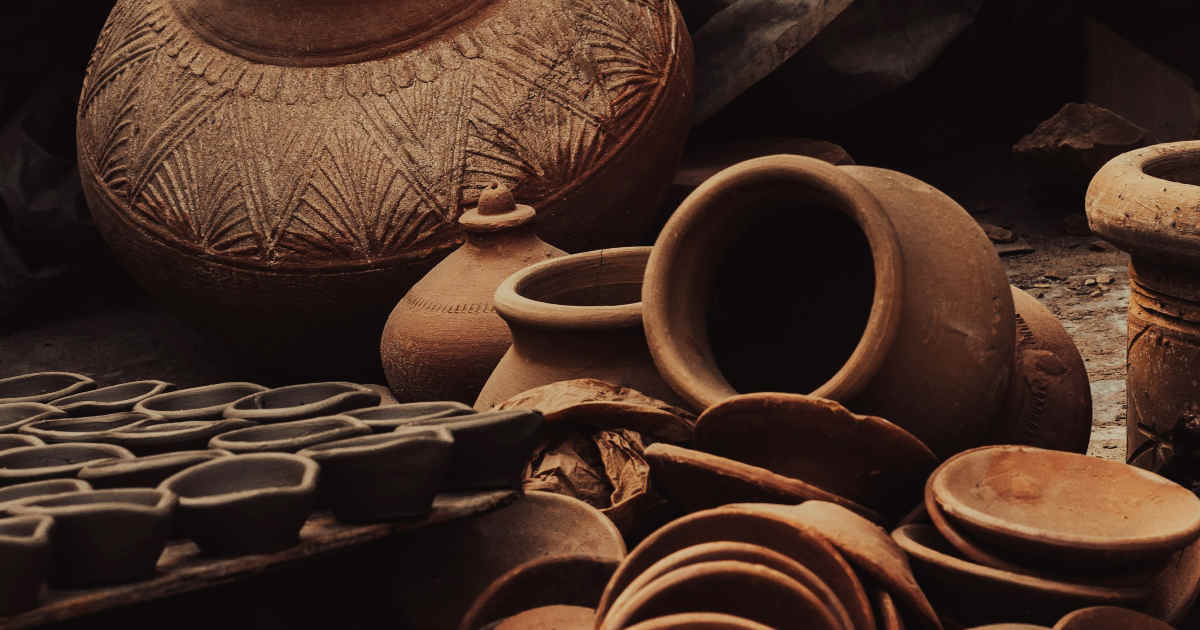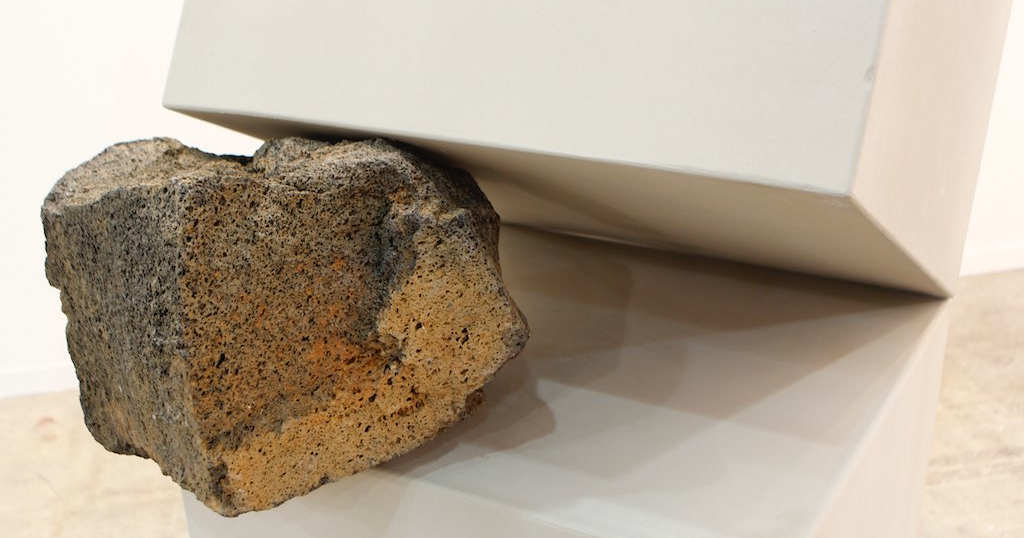“Interdependence is no longer our choice. It’s our condition. Our only choice is whether we forge healthy interdependencies and rise together or maintain unhealthy interdependencies and fall together.” Dov Siedman
“Abundance is a determination to align our collective genius with the needs of both the planet and each other.” Ezra Klein
I don’t know about you, but I’m having a hard time finding an abundance of hope for our planet in this blizzard of bad news. It feels like we are being bullied into unhealthy dependencies, and there is a scarcity of collective genius. At least the 25-hour Corey Booker speech, the Wisconsin election, and the 1,300 April 5 “Hands Off” marches gave me a lift. This post explores ways to develop the capacities we will need to rise up together with all “Hands On” deck.
In my work with organizational change, I always start with an assessment of the commitment, capability, culture, and capacity of the organization to realize its vision, mission, and goals. What I typically find is that most organizations have a highly committed workforce with deep capabilities but lack either cultural support and/or sufficient capacity to translate action plans into actual results. Either the norms and values in the work environment are not aligned with the strategy, or there are simply not enough resources to accomplish stated objectives. Priorities may not be clear. Processes may be too cumbersome. Technology may be clunky. Or people may not have the bandwidth or stamina to meet all expectations. Since I have written many posts on the importance of cultural alignment, I will focus here on the capacity issue.
Let my begin by acknowledging that none of the over 200 organizations I have worked with have ever said they had sufficient capacity to do what is asked. There are always desires for more people, more money, cleaner processes, and better technology. And, in my experience, the requests for more resources are usually fair and reasonable. The overwhelming majority of people in organizations work really hard and are constantly stretched. Most jobs are stressful. Bandwidth is limited. That doesn’t mean, however, that capacity issues should be dismissed by CEOs and boards as “whining” with a response of, “Suck it up, cupcake!” Capacity issues are multi-dimensional and real.
I just finished reading Abundance. In this brilliantly crafted book, Ezra Klein and Derek Thompson address the capacity issues facing our whole society. They clearly lay out the requirements for transforming scarcity into abundance. If that sounds too much like alchemy, you may want to read the book. They provide concrete examples, specific ideas, and well-defined conditions for not only fostering innovation but also for turning ideas into action—quickly. To me, Klein is one of the most credible spokespersons for what the Democratic Party needs to do to become more credible with a larger base—to get more “hands on” deck behind a unifying vision. He exposes how elitism and process obsession have kept us from building faster and achieving the outcomes we need to attract voters who feel alienated, maligned, and misunderstood. He cites our inability to build high-speed rail networks or adequate housing as prime examples.
In this post, I’m going to explore a different angle of capacity. Instead of looking at the physical dimensions like adding people or streamlining processes or incorporating the latest technologies (e.g. software, AGI, or robots), I’m going to look at the emotional and spiritual dimensions at an individual level that may get at the root causes of all these problems. In a recent NYT column, David Brooks suggests that the economic damages of Trump’s tariffs and executive orders pale in comparison to the damages inflicted on the American psyche and the American soul. I want to suggest some possible remedies for repairing that damage and restoring our souls.
We often equate capacity with strength and fullness. Yet, a profound wisdom, deeply embedded in Buddhist philosophy, suggests a counterintuitive truth: that emptiness, far from being a void of nothingness, is a crucial prerequisite for building true and lasting capacity. By consciously emptying our minds and hearts of distracting thoughts and limiting beliefs, we create the fertile ground necessary to cultivate the very qualities that enrich our lives and the lives of others: love, compassion, kindness, generosity, and humor. And yet, these days, our minds and hearts are so overwhelmed with bad news around the world we find it difficult to strengthen our batteries and shine a bright light. By the time I finish reading the paper in the morning, I am so filled with angst, outrage, and heaviness, there is no room left for anything light or fulfilling.
Buddhist teachings consistently emphasize the concept of emptiness or voidness. This is not a nihilistic declaration of non-existence but rather an understanding of the inherent lack of independent, permanent self-nature in all phenomena. This seemingly paradoxical statement highlights the interconnectedness and impermanence of all things, including our thoughts, emotions, and identities. By recognizing the “emptiness” of these constructs—their lack of fixed, inherent reality—we begin to loosen their grip on us.
The practice of meditation serves as a powerful tool for cultivating this sense of emptiness. Through focused attention on the breath or a chosen object, we observe the ceaseless flow of thoughts and emotions that constantly clamor for our attention. We learn to acknowledge them without judgment or engagement, allowing them to arise and pass away like clouds in the sky. This process of non-attachment gradually empties the mind of its habitual clutter—the worries about the future, the regrets of the past, and the clinging to opinions, desires, and limiting beliefs. As Thich Nhat Hanh eloquently explains in The Miracle of Mindfulness, true presence and understanding arise when the mind is calm and uncluttered, free from the noise of discursive thought. This mental spaciousness is not a vacuum but rather a field of potential and possibility, ready to receive and cultivate positive qualities. Emptiness is not an end in itself but rather a necessary condition for genuine growth and flourishing. A mind and heart cluttered with angst and outrage have little capacity to truly absorb and embody love, compassion, kindness, generosity, and humor.
In Elaine Pagel’s new book, Miracles and Wonder, she discusses how beliefs are overrated as the defining characteristic of religions. She suggests that what may be more important contributions are religion’s impact on our identity, our practices, our values, and our traditions. While I’m not proposing that we should abandon all of our religious beliefs, I have noticed that when people are filled to the brim with their particular beliefs, it is hard for them to let in any ideas that might challenge those beliefs. It seems to me that we would all be better off by opening up to lots of different ideas, which might enhance our practices, strengthen our values, enhance our traditions, and shape our identities. In short, to lead a truly fulfilling life, first we have to empty, and then we need to open. Those steps appear to constitute the necessary conditions for building a greater capacity.
Brene Brown, in her work, explores the concept of a “capacious heart,” which refers to the ability to embrace vulnerability, courage, and meaningful connection, even in the face of difficult emotions and experience. That speaks to me of the kind of capacity that we need to develop to find our way through these times. Overwhelming thoughts, feelings, and limiting beliefs serve as barriers to genuine connection and compassion. As the Dalai Lama often emphasizes in his teachings on compassion, understanding our shared humanity and the interdependence of all beings naturally leads to a greater capacity for kindness and care. When the focus shifts away from the self and its perceived needs, room is created for the needs and well-being of others to enter our hearts.
Consider the analogy of a garden. Before planting new seeds, the ground must be cleared of weeds and debris. Only then can the fertile soil nurture the growth of vibrant flowers and nourishing fruits. Similarly, emptying ourselves of mental and emotional clutter allows the seeds of loving kindness and compassion to take root and flourish within us. When the mind is not consumed by angst and outrage, it becomes more receptive to connection, community, and creativity. When the heart is not hardened by fear or attachment, it can soften with compassion. When we can detach for a moment from feelings of hopelessness and dark despair, we create space for the lightness of joy and humor.
So, what am I trying to say here? First, building capacity is a paradoxical effort—we have to empty before we can fill, at least with anything fresh and new. Second, capacity requires us to make choices on what we let in—do we fill ourselves with useless content, limiting beliefs, and overwhelming despair, or do we find fulfillment in compassion and care? Third, real capacity depends on the acceptance of our interdependence, interconnection, and impermanence—we have to let go of our independent attachments before we can fully benefit from the collective genius and power of working together.
I’m hoping we can empty ourselves of whatever is preventing us from feeling more joy and fulfillment. I’m hoping we can build a new kind of capacity—one that is fortified by interdependence, generosity, and compassion. I’m hoping that we can experience abundance through our “determination to align our collective genius with the needs of both the planet and each other.” Finally, I’m hoping all “hands on” deck will get the current administration’s “hands off” what we hold most dear. May it be so.
Also published on Medium.




Thanks Rick for filling the void with compassion and caring! Your post lifted me up!
Well done lad, well done! Thank you!
Thanks, Rick. This one came at just the right time for me. I’ve been meditating for 30 years and I still have so many moments of not being totally present or able to let go of whatever is driving me nuts at the moment. All that you write here is great to keep top of mind (and then … to let it go … :-)